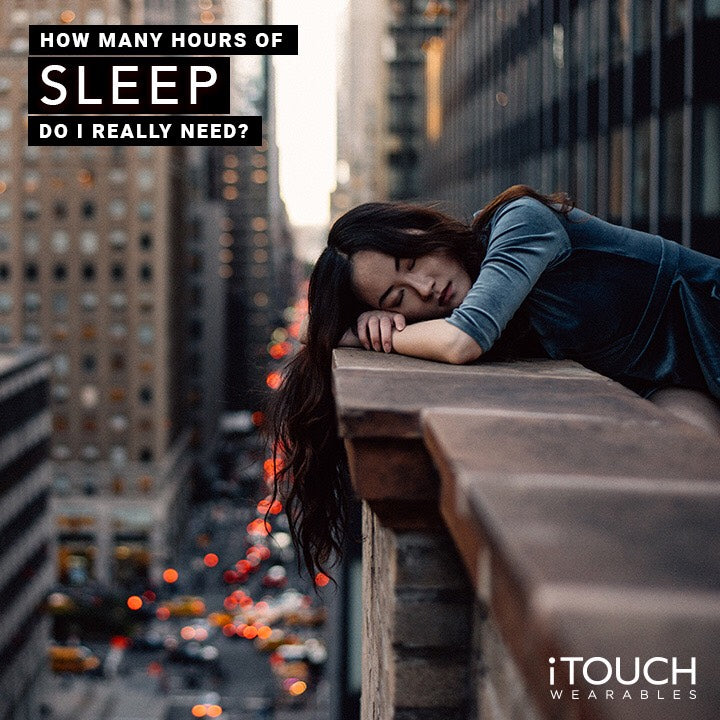
How Many Hours Of Sleep Do I Really Need?
Sleep affects our overall health and well-being, so we should be taking it more seriously. Most of us know that getting a good night's sleep is important, but few of us make that standard eight hours count. Is eight hours of sleep the right amount of sleep for you though? Here are some answers to your question, "how many hours of sleep do I really need?"
Factors That Affect Your Sleep

If you're not getting enough sleep at night, there can be many reasons why. The first factor are stimulants that interfere with our natural sleep and wake cycle. These include coffee, energy drinks, alarm clocks, and external lights. The second factor relates to your own health and individual needs. You must access how you feel on different amounts of sleep and in different scenarios. For example, are you productive, healthy, and happy on seven hours of sleep? Or do you need nine hours to feel better? Then you have to take into consideration any possible health issues. Are you suffering with anxiety or a sleeping disorder, are you overweight, or at risk for any disease? Do you depend on caffeine to get you through the day, or do you always feel tired? These are questions you have to ask yourself and a doctor if it's affecting your quality of sleep and performance during the day negatively.
How Many Hours Of Sleep Do I Need?

This answer depends and varies across ages and lifestyles. Thus, in order to determine how much sleep you need, it's important to assess where you fall on the sleep spectrum by your age, AND examine what lifestyle factors are affecting the quality and quantity of your sleep. This can include work or school schedules and additional stress. The great thing is you can track how much sleep you're getting with sleep monitors on smartwatches. Since research can't pinpoint everyone's exact sleep need, expert researchers agreed on the below recommended windows.
- Newborns (0-3 months): 14-17 hours
- Infants (4-11 months): 12-15 hours
- Toddlers (1-2 years): 11-14 hours
- Preschoolers (3-5): 10-13 hours
- School age children (6-13): 9-11 hours
- Teenagers (14-17): 8-10 hours
- Young adults (18-25): 7-9 hours
- Adults (26-64): 7-9 hours
- Older adults (65+): 7-8 hours
Make Sleep A Priority

This is the number one way to improve your quality of sleep. You must get into a sleep routine like any other daily activity so you get the sleep you need to function the next day. To begin a new path towards healthier sleep and a healthier lifestyle, access your own needs, habits, and where you can improve. Pay close attention to your mood, energy, and health after a good night's sleep versus a bad one. How can you get the right amount of hours of sleep? Some of these tips may help.
- Stick to a sleep schedule, even on weekends.
- Practice a relaxing bedtime ritual and exercise daily.
- Make sure your bedroom has an ideal temperature, light, and sound.
- Sleep on a comfortable mattress and pillows.
- Avoid caffeine, alcohol, and electronics close to bedtime.
Share with us how many hours of sleep you get and how you do it by tagging us on Instagram @itouchwearables and Facebook @itouchwearables. Also, be sure to check out our new articles published daily!
-Gina


